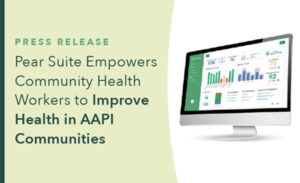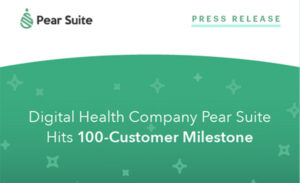As of January 2025, more than 24 states have allowed reimbursement for community providers for social services and care in non-traditional healthcare settings through Medicaid programs.
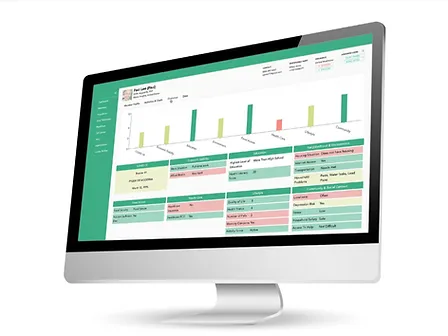
However, securing Medicaid reimbursement for these services can be a challenge due to complex billing processes and regulatory requirements. Many community health workers (CHWs), care navigators, promotores, and other community-based providers and the organizations that employ them struggle with administrative burdens, coding errors, and claim denials, which can make utilizing reimbursement opportunities difficult.
And with funding, like grants, shifting and disappearing near daily, the need to create stable, recurring revenue streams becomes increasingly important.
The right billing software can streamline Medicaid claims processing, ensuring accurate submissions while reducing administrative workloads and improving cash flow. Pear Suite’s platform is designed to help CHWs and community-based organizations (CBOs) easily navigate Medicaid billing, allowing them to focus on delivering high-quality care while creating sustainable revenue.
Understanding Medicaid reimbursement requirements for CHWs and CBOs
While Medicaid reimbursement can be a useful funding source for CHWs and CBOs, it requires knowing and following state Medicaid policies and then maintaining proper health records to submit claims for the services provided.
Some of the policies that CHWs and CBOs must navigate to begin billing for community services include:
Medicaid eligibility requirements: CHW services must be provided under an approved Medicaid program, which often requires a CHW or community-based organization (CBO) to become a contracted provider with a national provider number (NPI) or bill through a provider.
Billing codes: Accurate use of Medicaid billing codes is necessary to ensure claims are processed correctly and won’t be rejected.
Documentation standards: Detailed records of services must be kept for all clients and interactions, including client eligibility, details about services provided, and the length of time of services.
Compliance with state-specific regulations: Medicaid reimbursement requirements vary by state, requiring CHWs and CBOs to stay informed about changing policies.
The role of billing software in streamlining Medicaid claims
Many CHWs and CBOs rely on spreadsheets, paper intake forms, and other manual processes to manage their work. A platform that’s purpose-built around community-based providers’ needs and workflows can automate processes, making it easier to follow Medicaid reimbursement requirements while supporting case management and daily tasks.
For example, Pear Suite’s care navigation platform automates the claims process by applying the correct billing codes and verifying client eligibility before submitting a claim.
Many traditional electronic health record (EHR) and medical billing software systems are robust and intended for use within a clinical setting, so they don’t always fill the needs of CBOs, nonprofits, and other community service providers. Because of this, they can also be difficult to learn and implement.
Since Pear Suite’s platform’s billing features are developed for CHWs and CBOs, it’s easy to use and submit claims.
Pear Suite’s streamlined billing features
Selecting the best billing software for community health work requires careful consideration of various factors, including capabilities, cost-effectiveness, ease of use, integration with other EHR systems, security, and technical support.
Member management
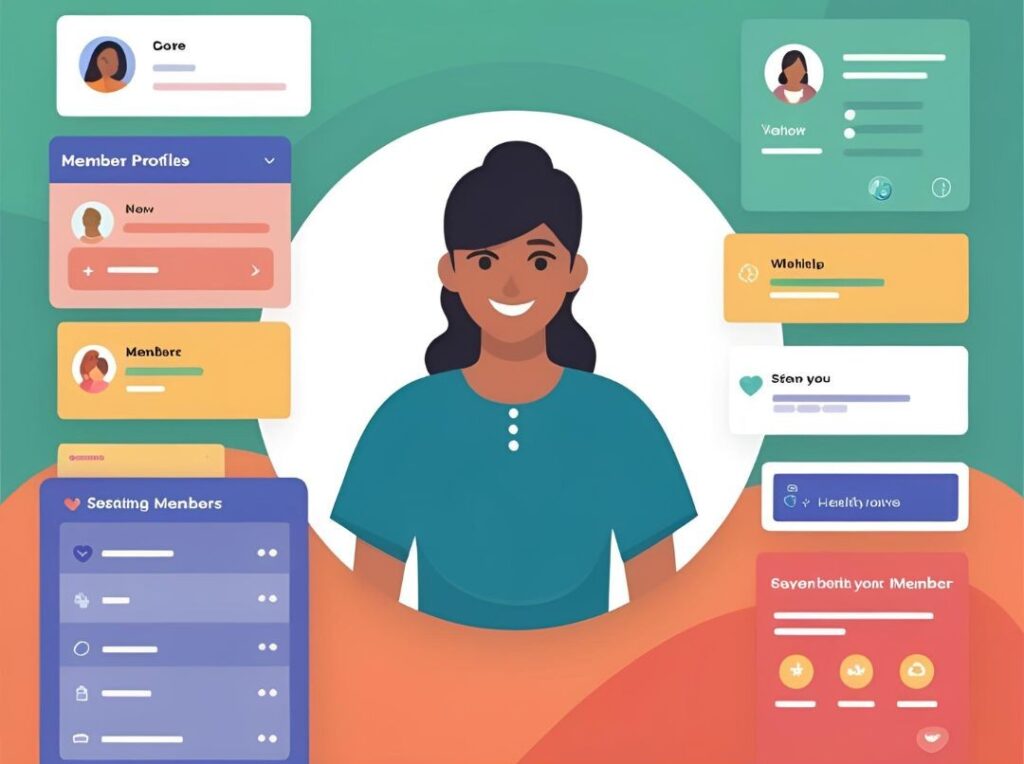
Regardless of the state, billing for Medicaid reimbursement requires that the services be provided to an eligible member. Pear Suite’s platform can track and verify a client’s Medicaid eligibility and client identification number (CIN).
When clients need a referral from a provider for specialty services or care, CHWs often must manually make the request, faxing information to and from providers’ offices or coaching their clients to get the referral themselves. This process can also be managed within the platform, eliminating manual steps and saving time.
Organizational consistency
To simplify billing for CHWs, care navigators, promotores, and volunteers, as well as the supervisors and administrators who are likely filing the claims, organizations can enable billing and specify which activities are billable by default. This automates CHWs’ administrative tasks and saves time.
Billing insurance
Organizations can maintain billing information easily, simplifying the claims process and ensuring that the correct health plan is billed for the services provided. For example, a primary and/or secondary insurance can be added to a client’s profile, or Pear Suite’s managed insurance company or provider community (if the CBO has chosen to use Pear Suite’s NPI or provider group for billing, depending on their state. The automation makes filing claims possible in fewer than 10 clicks of the computer mouse.
For organizations that don’t have the clinical or administrative capacity to handle billing internally, they can use Pear Suite as their managed service organization (MSO) to simplify the claims process.
Maintaining documentation
Organizations set up to submit claims for Medicaid reimbursement are required to maintain detailed documentation. Data entry can be a slow, tedious process. Since CHWs can add member interactions, such as referrals or care coordination, through Pear Suite’s platform as they happen, it’s easier to maintain documentation for claims, reducing errors and claim rejection rates.
And because the platform is interoperable with other EHRs, a client’s health information can be shared easily with health plans and clinical providers for reasons other than billing, like improving care.
Supporting security
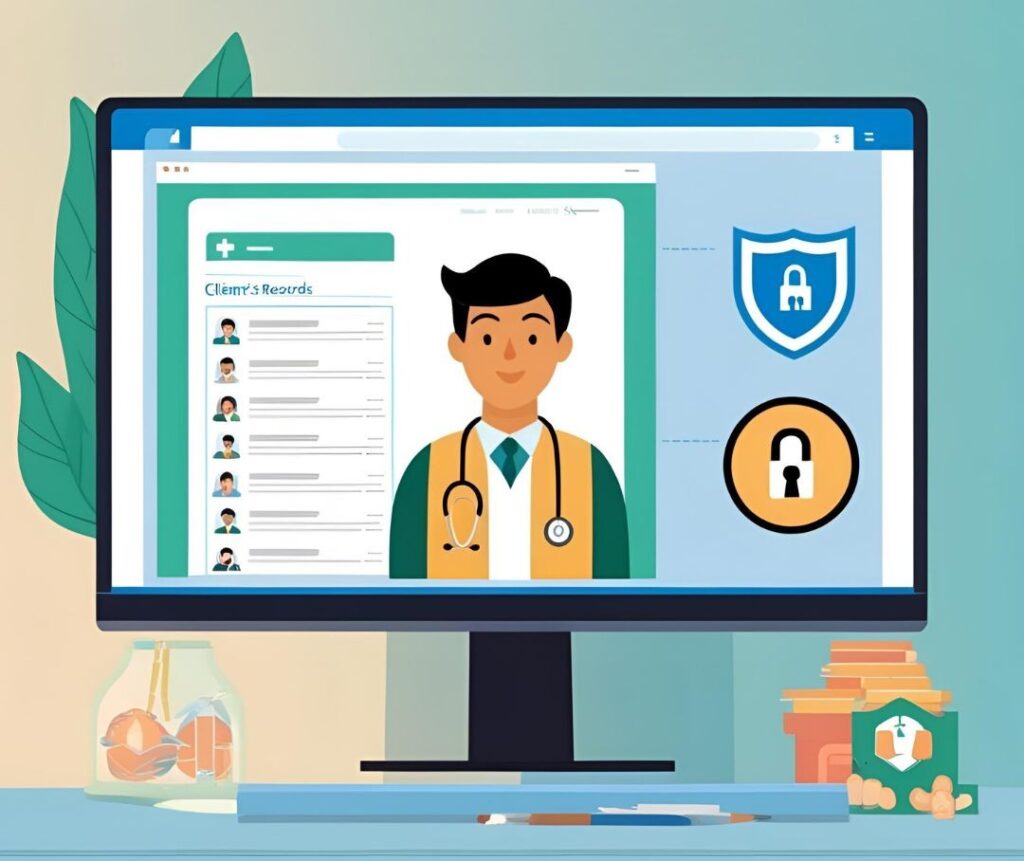
When dealing with clients’ protected health information (PHI) and other personal details, security is important to avoid data breaches and leaks. Pear Suite’s platform is a SOC 2 and HIPAA-compliant billing software, meaning that a third party has verified that client data is shared and handled appropriately.
Technical support
During implementation, CHWs and CBOs using the platform get technical support to ensure that workflows and other features are set up correctly and that teams are trained. Ongoing monthly check-ins allow users to continue to troubleshoot challenges.
How Pear Suite has supported community-based organizations with billing
In California, Young B.O.S.S., a Los Angeles-based nonprofit organization, empowers at-risk youth with guidance and resources to overcome barriers that disrupt their lives. Through hiking trips, writing workshops, and other outreach efforts, youth disconnect from media and build friendships with one another, connect with nature and their emotions, and develop mental and emotional resilience.
With Pear Suite’s platform’s billing features, Young B.O.S.S. can participate in California’s CalAIM program by submitting claims to Medi-Cal managed care plans for eligible activities. Since utilizing the Medi-Cal’s community health worker (CHW) benefit, they’ve created an additional revenue source to supplement their fundraising efforts. This has allowed them to shift their energy and focus even more on providing services and improving programs.
Effective billing software is a game-changer for CHWs and CBOs seeking Medicaid reimbursement. By automating claims submission, digitizing documentation, and ensuring compliance with EHRs, organizations can shift from managing stacks of paperwork and chasing money to building and investing in their programs.
Discover how Pear Suite’s platform can help your organization simplify Medicaid billing and maximize reimbursement so you can focus on what truly matters—providing services that address social needs and improve health outcomes.
Book a platform demo to see the billing features in action.

